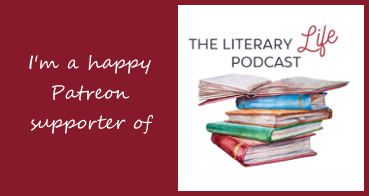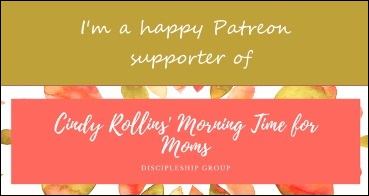It is a truth universally acknowledged, that a single man in possession of a good fortune, must be in want of a wife.
Hardly a “once upon a time there was a girl who…” opening. The reader of Jane Austen’s Pride and Prejudice is aware instantly that this is going to be a story about ideas, with a great deal of ironic humor, and not just facts about events that happened. Perhaps it is “Once upon a time there was a notion that….” What follows this is another sentence along the lines of the first, and then dialogue begins between Mr. and Mrs. Bennet. It is some time into the novel when the author first gives us a physical description of any character. She lets them do the talking to illustrate the truth of her opening idea. The structure and style of the story, with its immediate presentation of an idea and then development through story of that idea, is reminiscent to me of Charlotte Mason’s 11th Principle: “But we, believing that the normal child has powers of mind which fit him to deal with all knowledge proper to him….taking care only that all knowledge offered him is vital, that is, that facts are not presented without their informing ideas.”
I had said during my re-reading of Pride and Prejudice at the time of the Austen  renaissance in the mid 1990s that Jane Austen’s works reminded me of Mozart. They did live during the same period in history, so there’s obviously some reason for their similarity in style. I was a different person reading Pride and Prejudice in my 30s than I was at my first teen-age reading, and this experience of reading coincided with my more mature appreciation of the music that I loved. I definitely had moved away from pure sentimental romanticism to being struck by structure and style and higher forms of humor. Austen is light as Mozart, but with that playful lightness develops some very human ideas. And you don’t have to strain yourself to discover the ideas; they come as you are letting yourself enjoy the music.
renaissance in the mid 1990s that Jane Austen’s works reminded me of Mozart. They did live during the same period in history, so there’s obviously some reason for their similarity in style. I was a different person reading Pride and Prejudice in my 30s than I was at my first teen-age reading, and this experience of reading coincided with my more mature appreciation of the music that I loved. I definitely had moved away from pure sentimental romanticism to being struck by structure and style and higher forms of humor. Austen is light as Mozart, but with that playful lightness develops some very human ideas. And you don’t have to strain yourself to discover the ideas; they come as you are letting yourself enjoy the music.
Years ago a friend and fellow-educator shared her frustrations about Austen — “They don’t do anything; they just go around and visit.” Yes, Pride and Prejudice is hardly Little House on the Prairie with their year round having to fend for their existence with hunting, farming, preserving, sewing, building, but Austen wasn’t telling a story about events, but rather ideas. It is tale of the inner-life of people rather than the outer-life. Nor did Austen write an in-your-face didactic, moralistic tale. Not that that is what Laura Ingalls Wilder did in her stories, but it is the style of so many novels, particularly in the Victorian period which came after Austen — the kind with which many may be more comfortable and think more effective for the moral cause. Austen wrote in such a way that lessons can be learned without the author pointing her finger at the reader. As Charlotte Mason said of novels –
…it is a serious question, what can be done to fortify these against the special temptations that belong to their time of life. Excellent help is to be found in novels. Here is the very knowledge of life the young person craves; the personages of the novel play their parts before him, and he is admitted to greater intimacy with them than we often arrive at with our fellows; there is no personal attack upon the reader, no preaching… He is not preaching to the young reader, to whom the lessons of life come home with illustrations never to be forgotten.
I think that Austen is most effective in these “lessons of life” for the reader who will allow himself to enjoy the ride, to be swept along with the lilting phrases and themes. And laugh. She is hysterical. She knows us. What better way to have your foibles exposed than with humor.
In the past couple of years I read Pride & Prejudice again with my teen-age son. Although my son was far less impressed than I’d hope, I, on the other hand, found myself even more in awe of her skills. And how she knows us. Still today. 202 years after her death, her observations of human psychology are spot on.
I am currently re-reading Northanger Abbey, and as my friend Cindy Rollins says, there is one good line after another. Bam bam bam. Funny. Insightful. Aptly and perfectly said and placed. Like beautiful music. And as someone who struggles with putting things into words, I come close to envy of that woman. Wouldn’t it have been something to be inside her mind. But, then, maybe that’s what a trip inside one of her novels is.
Thank you, dear God, that I get to live in a world where there was a Beethoven and a Mozart. And a Jane Austen. Truth. Goodness. Beauty. Humor. And we are changed.






